Maximize your water harvesting potential with efficient, cost-effective earthworks
In the face of drought and desertification, well-designed, water harvesting earthworks such as swales, ponds, and dams are the most effective way to channel water into productive use. The result can be increased food production, higher groundwater levels, reduced irrigation needs, and enhanced ecosystem resilience.
Yet, due to a lack of knowledge, designers, and landowners often build earthworks that are costly, inappropriately sized and sited, or even dangerous. The Permaculture Earthworks Handbook is the first dedicated, detailed guide to the proper design and construction of water harvesting earthworks. It covers the function, design, and construction methods for nine main types of water harvesting earthworks across a full range of climates.
Coverage includes:
- Swales, ponds, dams, hugelkultur, net-and-pan systems, spate irrigation, and more
- Cost versus benefit of different earthworks
- Assessing site needs and suitability
- Soil types and hydrology
- Designing for maximum efficiency and lowest cost
- Risk assessment and safe construction
- Stacking functions and integrating earthworks into a design
This practical handbook is the essential resource for permaculture designers, teachers and students, landowners, farmers, homesteaders, landscape architects, and others involved in maximizing the water harvesting potential of any landscape at the lowest cost and impact.
Douglas Barnes is a permaculture designer trained in Australia by Bill Mollison and Geoff Lawton. He has designed and built earthworks in North America, Japan, and Andra Pradesh, India. He lives in Tweed, Ontario in a passive solar house he designed and built, and he blogs at permaculturerelections.com.

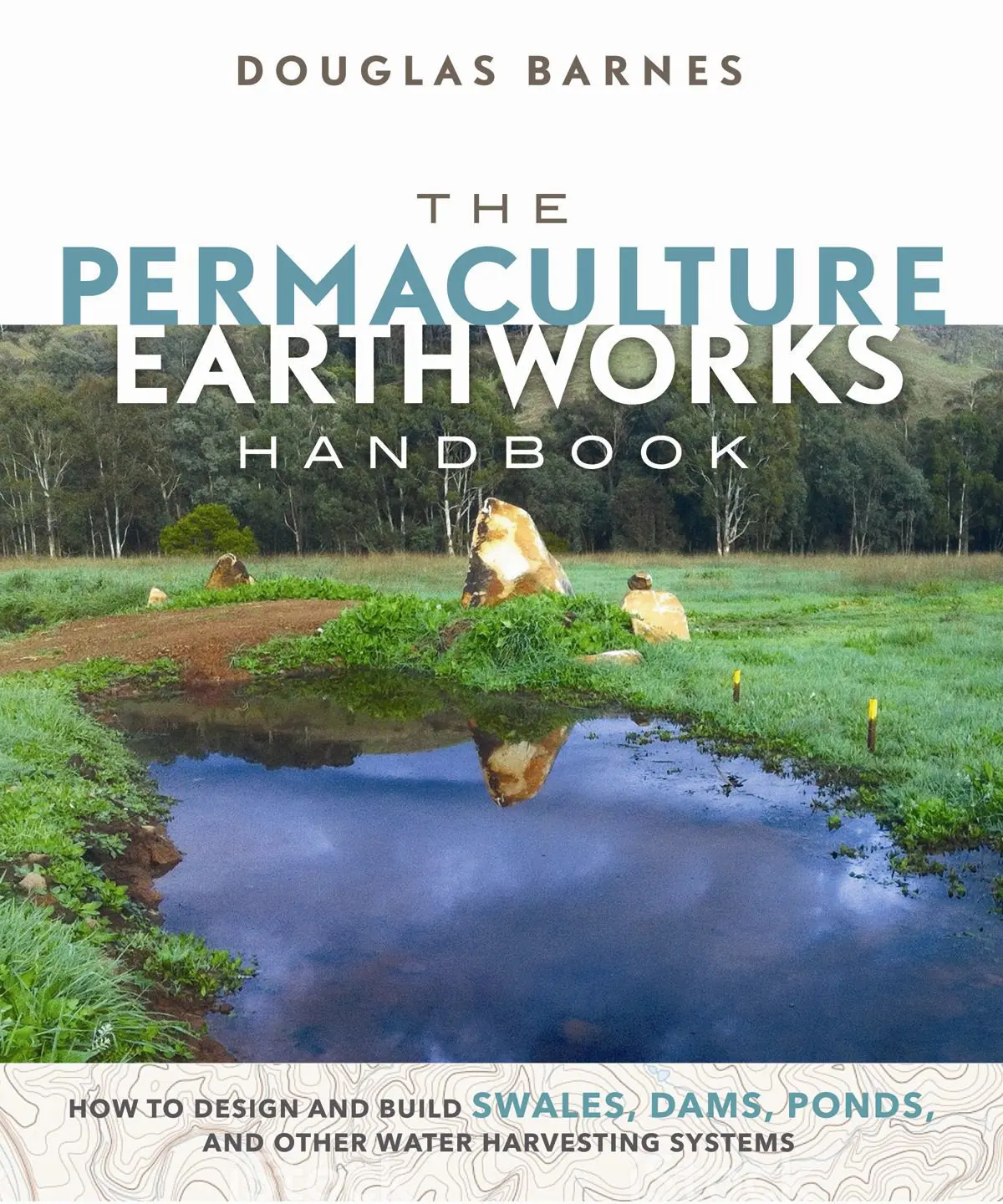

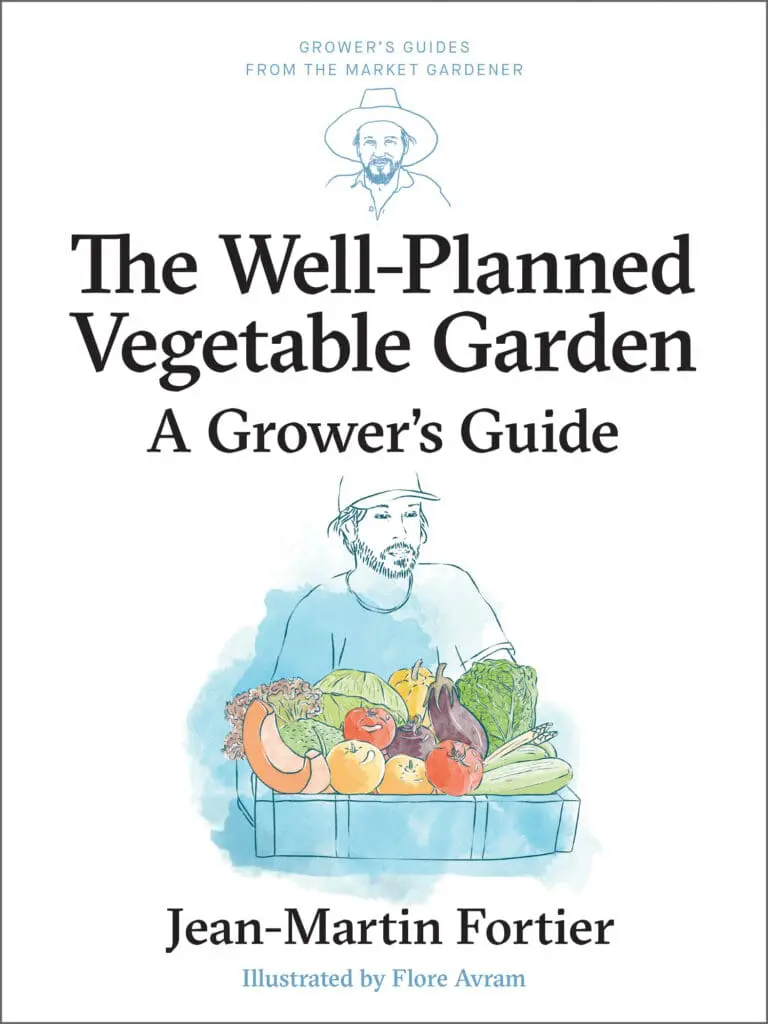
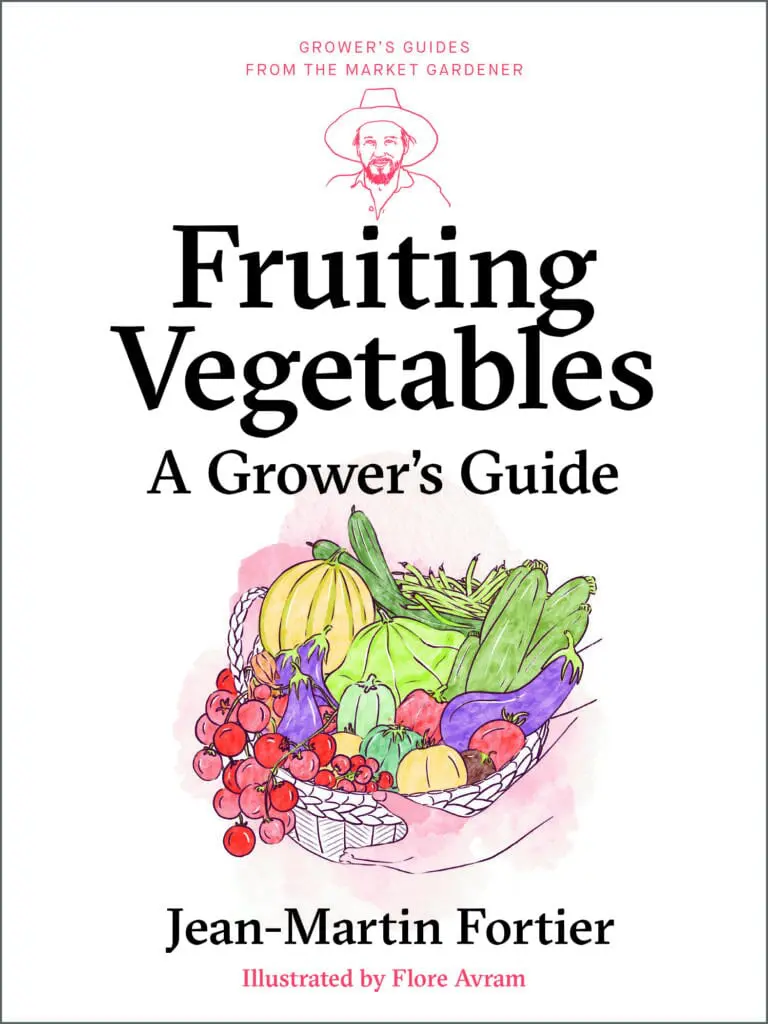
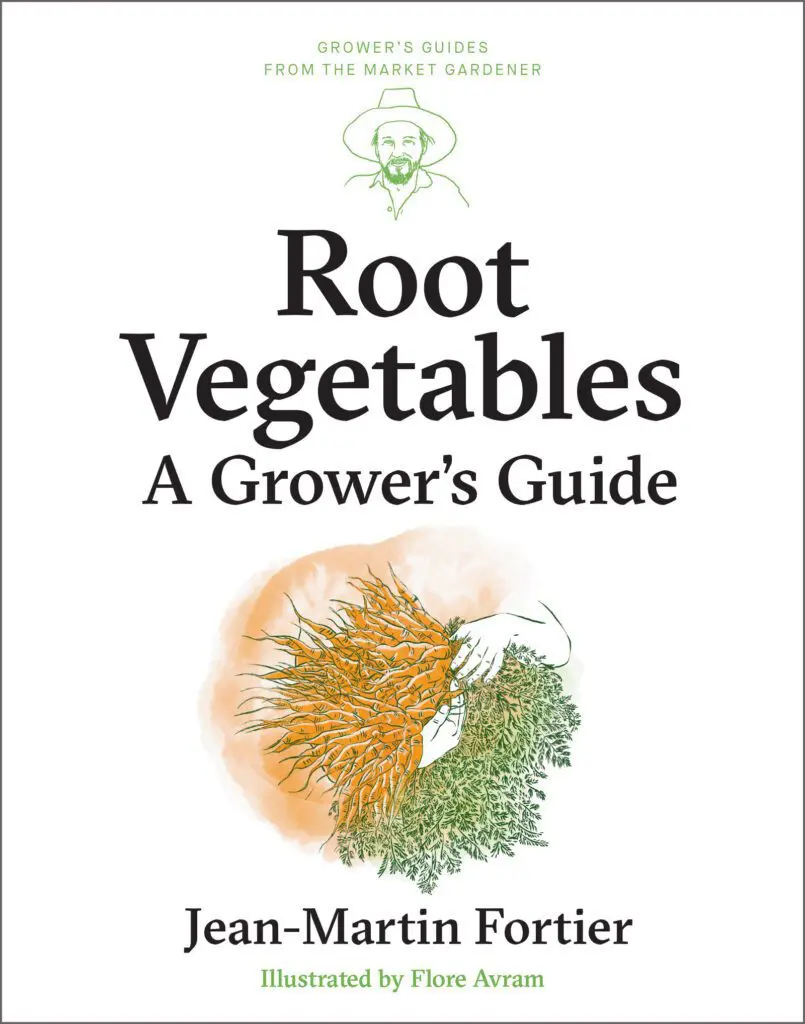
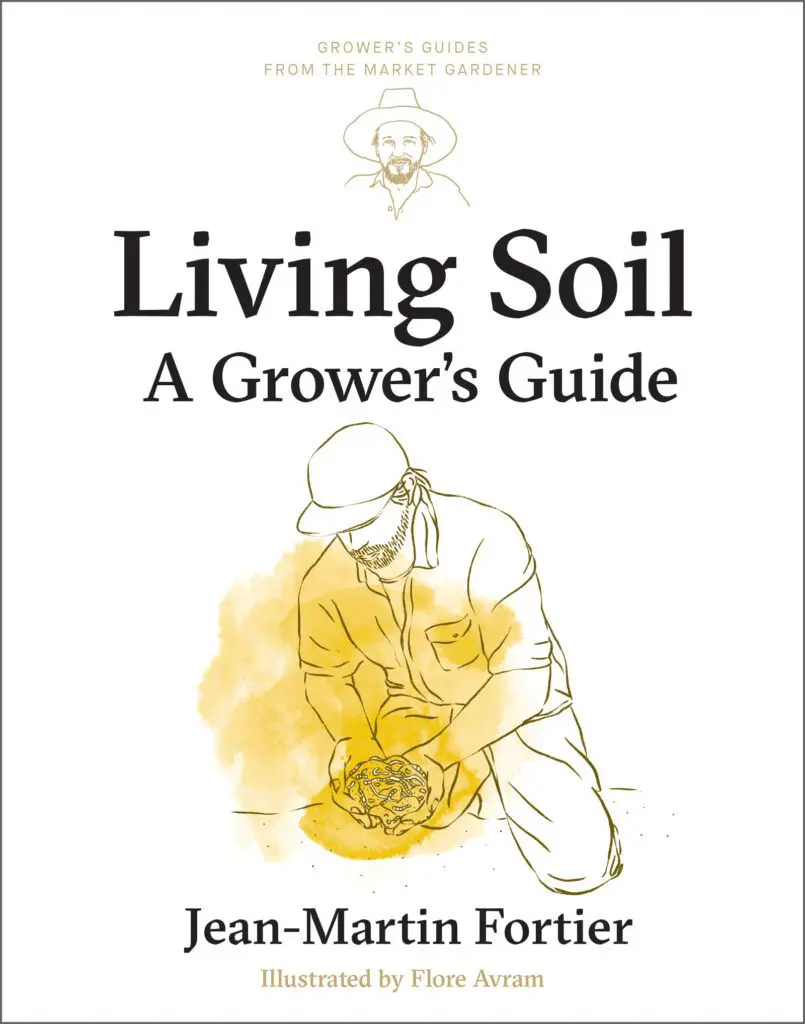

Reviews
There are no reviews yet.